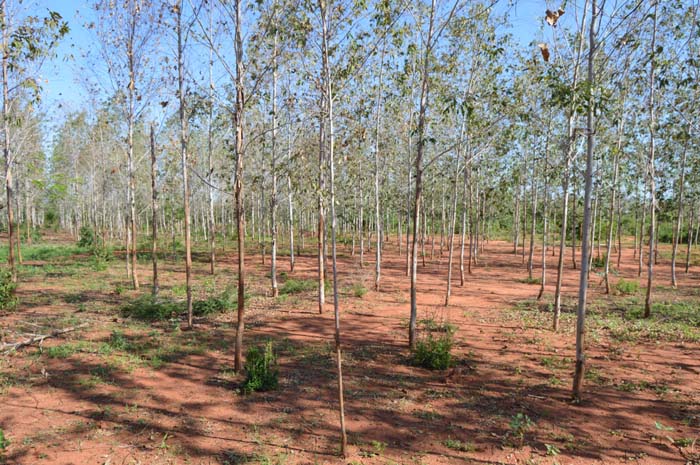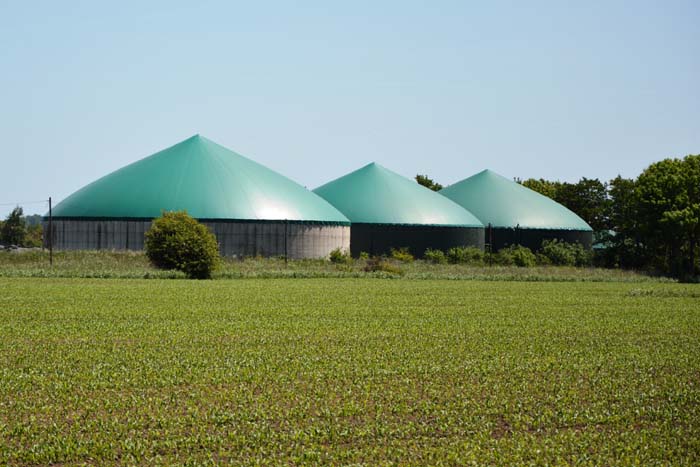
Societies, economies, and ecosystems worldwide are in danger from the effects of climate change. This makes it one of the most critical issues we face today. Everyone in the scientific community agrees that the leading causes of global warming and its consequences are human actions, specifically the clearing of forests and the combustion of fossil fuels. The changing weather patterns, the gradual disappearance of polar ice caps, and the increasing frequency and severity of catastrophic weather events are all clear indicators that there’s a need for immediate action to combat climate change.
The need to combat climate change effects has become important as countries try to make sense of the phenomenon. All levels of society, from individuals and businesses to policymakers, increasingly acknowledge the necessity for coordinated action. This is to help promote sustainable practices, decrease carbon footprint, and adjust to new circumstances.
Creating a more sustainable future is possible by working together, thinking creatively, and staying determined. This will help to lessen the severity of climate change’s adverse effects. This article aspires to shed light on solutions to a better, more sustainable society through evidence-based policy-making, collective accountability, and environmental stewardship.
Here’s how to empower rural communities to combat climate change:
The fight against climate change and the empowerment of rural people are interdependent objectives that call for multi-level, all-encompassing measures.
International Cooperation and Funding
Accelerating progress towards sustainable development goals and enhancing global resilience to climate change is achievable. This is possible through mobilizing international finance and support for climate adaptation and mitigation projects in rural regions, especially in developing nations.
Sustainable Agricultural Practices
Promoting sustainable agricultural techniques like permaculture, agroforestry, and organic farming can help preserve biodiversity, conserve water, and protect soil health. This will assist rural people in their adaptation to climate change.
Capacity Building and Education
Rural areas can better adapt to climate change and take advantage of economic opportunities if they have access to training and education programs in resource management, renewable energy technologies, and climate resilience practices.
Access to sanitation and clean water
In order to protect rural people from climate-related disasters like floods and droughts, it is crucial to ensure that they have access to sanitation services and safe drinking water.
Entrepreneurship and Microfinance
Businesses centered on sustainable agriculture, eco-tourism, renewable energy, and other climate-friendly endeavors can flourish in areas that receive access to microfinance services and support rural entrepreneurs.
Afforestation and Reforestation
Reforestation has several advantages, including reducing erosion risk, improving wildlife habitats, and providing a sustainable wood supply for rural areas. It also helps restore damaged ecosystems and sequesters carbon dioxide.
Development of Infrastructure
Enhancing rural communities’ capacity to endure catastrophic weather events and improving their access to markets and critical services is achievable through investments in resilient infrastructure, which includes irrigation systems, bridges, and roads.
Institutional Strengthening and Policy Support
Governments need to pass legislation to encourage eco-friendly activities, facilitate the use of renewable energy sources, and aid rural areas financially and technically. Strengthening governance structures and local institutions is essential for effectively implementing and monitoring climate efforts.
Renewable Energy Projects
Encourage the adoption of sustainable energy sources, like hydroelectric power, biogas, solar energy, and wind. This will help to lessen rural communities’ reliance on fossil fuels. Ultimately, creating opportunities for local economic growth through job creation and infrastructure investment.
The importance of empowering rural communities to combat climate change
There are various reasons why it is essential to empower rural people in the fight against climate change:
- Equity and Social Justice
People in rural areas, who sometimes lack the political power and resources to adapt adequately, are among the most vulnerable to the effects of climate change. To promote equity and social justice in climate change responses, it is vital to empower rural communities. This will ensure that all segments of society can manage and adapt to the impacts of climate change.
- Sustainable Land Management
Large tracts of forestland and farmland are common in rural areas. Sustainable land management strategies, including reforestation, conservation agriculture, and agroforestry, are essential to empowering rural people. In addition to reducing carbon emissions, these methods make ecosystems more resistant to the negative effects of climate change.
 Innovation and Local Knowledge
Innovation and Local Knowledge
Rural communities frequently have invaluable traditional knowledge and creative methods to offer when it comes to adapting to and mitigating the effects of climate change. Recognizing and incorporating local knowledge systems into larger climate change policies, encouraging creativity, and supporting community-led projects empower these groups.
- Carbon Sequestration
The role of carbon sinks in rural regions is quite important, particularly in the case of forests and agricultural lands. Improving carbon sequestration and contributing to global climate change mitigation efforts is achievable by empowering rural populations to engage in sustainable agriculture practices, afforestation, and reforestation.
- Mitigation Opportunities
Small-scale hydroelectric projects and solar panels are examples of renewable energy technologies. Rural people can use these to help reduce the impact of climate change. The best way to empower these communities is to ensure they have the resources necessary to carry out these projects. This includes training, technical help, and funding.
- Resilience Building
Limited information, infrastructure, and resources are available to rural populations. This makes them more susceptible to the effects of climate change. Investing in infrastructure, early warning systems, and social safety nets can empower these communities and strengthen their resilience. This will make them less vulnerable to climate-related calamities.
- Natural Resource Reliance
The fishing, forestry, and agriculture industries are vital to the economic well-being of many rural towns. Climate change, with its extreme weather events, rainfall patterns, and temperature shifts, directly influences these industries. Giving rural communities the tools they need to adjust to these changes sustainably is an important part of empowerment.
How the private sector can empower rural communities to combat climate change
By forming alliances and launching programs, the business sector has a great opportunity to help rural communities combat climate change. Several methods exist for accomplishing this:
Capacity Building and Education
To educate rural people about climate change, foster local leadership, and equip them to take action, businesses can fund education programs and capacity building.
Partnerships and Collaborations
Partnerships between the local population, NGOs, private sector companies, as well as governments can help rural areas deal with the effects of climate change.
The private sector can empower rural communities to address climate change and create shared value for society and industry. We can achieve this by actively engaging with these communities and leveraging their innovation, expertise, and resources.
Promotion of Sustainable Agriculture Practices
Sustainable farming practices improve soil quality, conserve water, and reduce environmental impact. These are all goals that rural farmers may work toward with the help of private-sector firms. Access to markets for sustainably produced items, training, and technology can be part of this.
Development of Climate-resilient Infrastructure
Business groups, government agencies, and residents can work together to design buildings, bridges, and roads that are more resistant to the effects of climate change.
Access to Sanitation and Clean Water
To better prepare rural populations for the effects of climate change, including floods and droughts, the private sector can fund the construction of sanitation infrastructure and clean water.
Technology Invention and Transfer
Businesses in the private sector have an opportunity to create and distribute cutting-edge technology. These can help rural areas adjust to climate change. This technology can include irrigation systems that use less water, crop types resistant to drought, and tools for weather forecasting.
Reforestation and Forest Conservation
Businesses can lend a hand to rural communities by investing in tree preservation and planting new trees. Community tree planting, agroforestry, and sustainable forest management projects are all examples of what this may entail.
Projects for Emission Reduction and Carbon Offsets
Companies in the private sector can reduce their carbon footprint and aid in the fight against climate change. This is through funding renewable energy projects, reforestation, and afforestation in rural regions.
Financial Support for Renewable Energy Facilities
Hydroelectric power, wind, and solar plants are examples of renewable energy sources that private corporations can fund in rural regions. In addition to providing clean energy, this also boosts the local economy, generates jobs, and improves living conditions for locals.
Support for Sustainable Tourism
Sustainable tourism practices can help rural communities make money and reduce their negative effects on the environment. This is possible if private sector enterprises in the tourism industry work to promote them.
Conclusion
Enabling rural communities to survive in a changing climate and contributing to global efforts to address climate change is achievable through an integrated approach that prioritizes economic development, social equity, and environmental conservation.
Addressing the causes and implications of climate change, fostering sustainable development and resilience locally and globally, and empowering rural communities to combat climate change are all interdependent.
